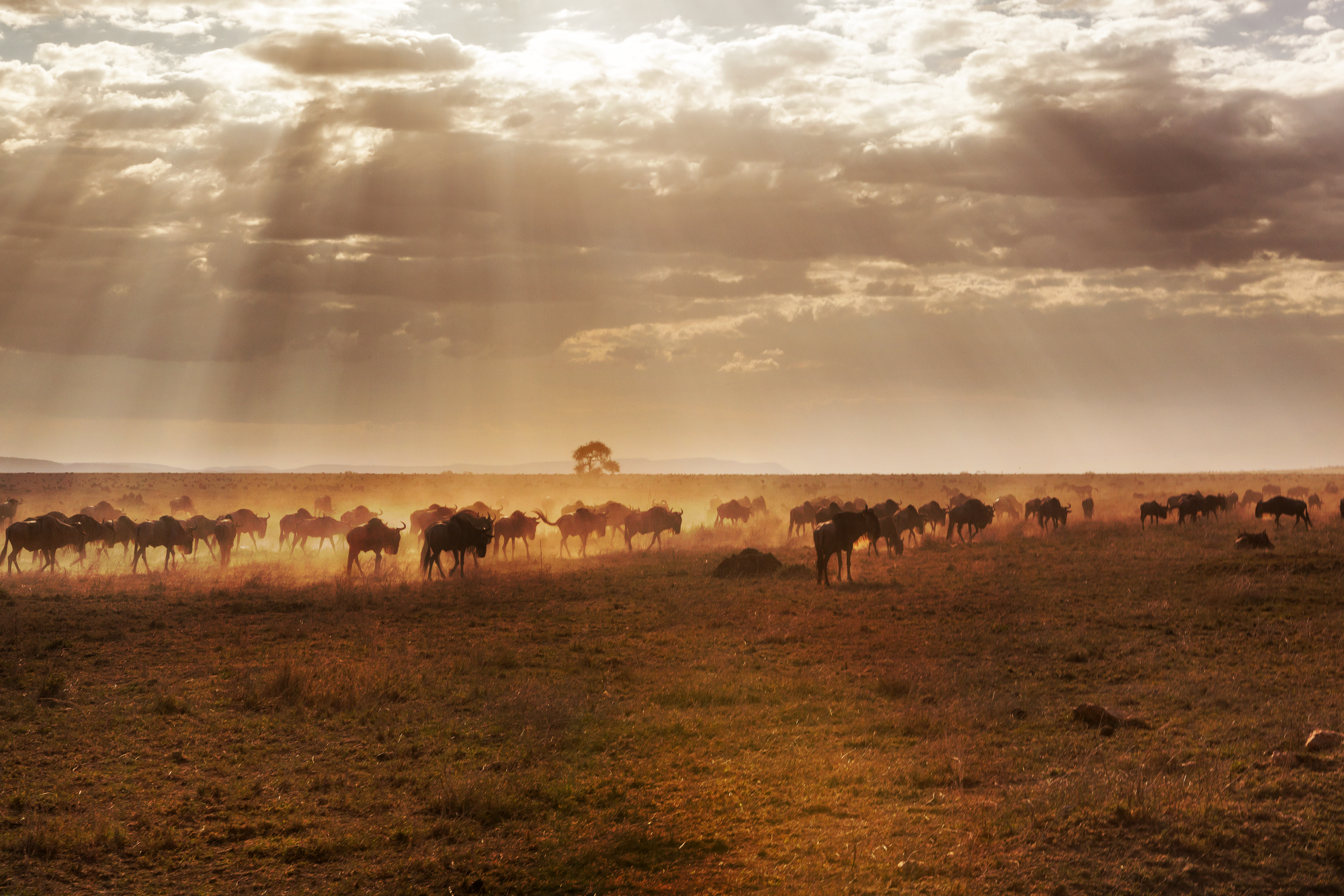Trophy hunting—particularly of iconic species like lions—remains controversial, but when properly managed, it can be a powerful conservation tool. Supporters argue that placing value on lions and other wildlife generates essential funding, protects habitats, and incentivizes local communities to guard against poaching. So why do anti-hunters oppose it?
A review in Biological Conservation reveals the core issue: a lack of reliable, evidence-based research. Without strong data, policy is often shaped by emotion rather than outcomes. The study emphasizes that the effectiveness of lion hunting, like all trophy hunting, depends on key factors such as governance quality, community involvement, and ecological context.
Rather than condemning lion hunting outright, the authors call for better regulation, scientific monitoring, and community-driven strategies. Ethical concerns are valid but must be balanced with proven conservation outcomes.
Here is the Truth: when guided by science and rooted in responsible management, regulated lion hunting can support species recovery, fund anti-poaching efforts, and deliver benefits to local people. The solution isn’t to ban—it’s to improve.

